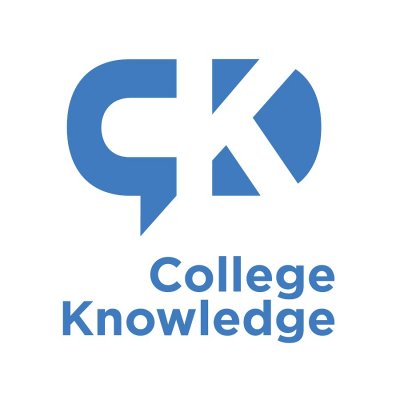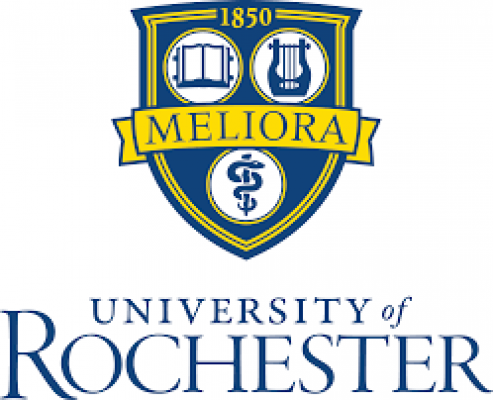2 min
How well-meaning parents sink their child's chances of college admission
"What's the number one parent behavior that will hurt a child's chance of admission?" The question was posed to Robert Alexander, the University of Rochester vice provost and dean of enrollment management, on the podcast "College Knowledge." He was quick to answer. "Parents needs to be empowering the student and not driving the conversation" when it comes to choosing a college and engaging with college admissions professionals, Alexander replied. He explained that too many parents have a narrow view of what they deem as "acceptable" institutions of higher education for their child. They come by it honestly, he said, with most of their knowledge derived from their own college searches and dreams a generation ago. They tend to home in on 20 or 30 schools when, in reality, the universe of quality colleges and universities has expanded exponentially since the days these parents were considering where to study, Alexander said. "Widening that lends and thinking beyond the 20 or 30 schools they know a lot about or think they know a lot about or see a lot of bumper stickers for, that's really important," Alexander said. "There are many more really great institutions and what's important is not your child getting into 'the best college' that they can, but instead their child finding the best fit at one or maybe a range of different institutions." Alexander is an expert in undergraduate admissions and enrollment management who speaks on the subjects to national audiences and whose work has been published in national publications. Click his profile to reach him.







